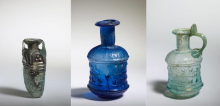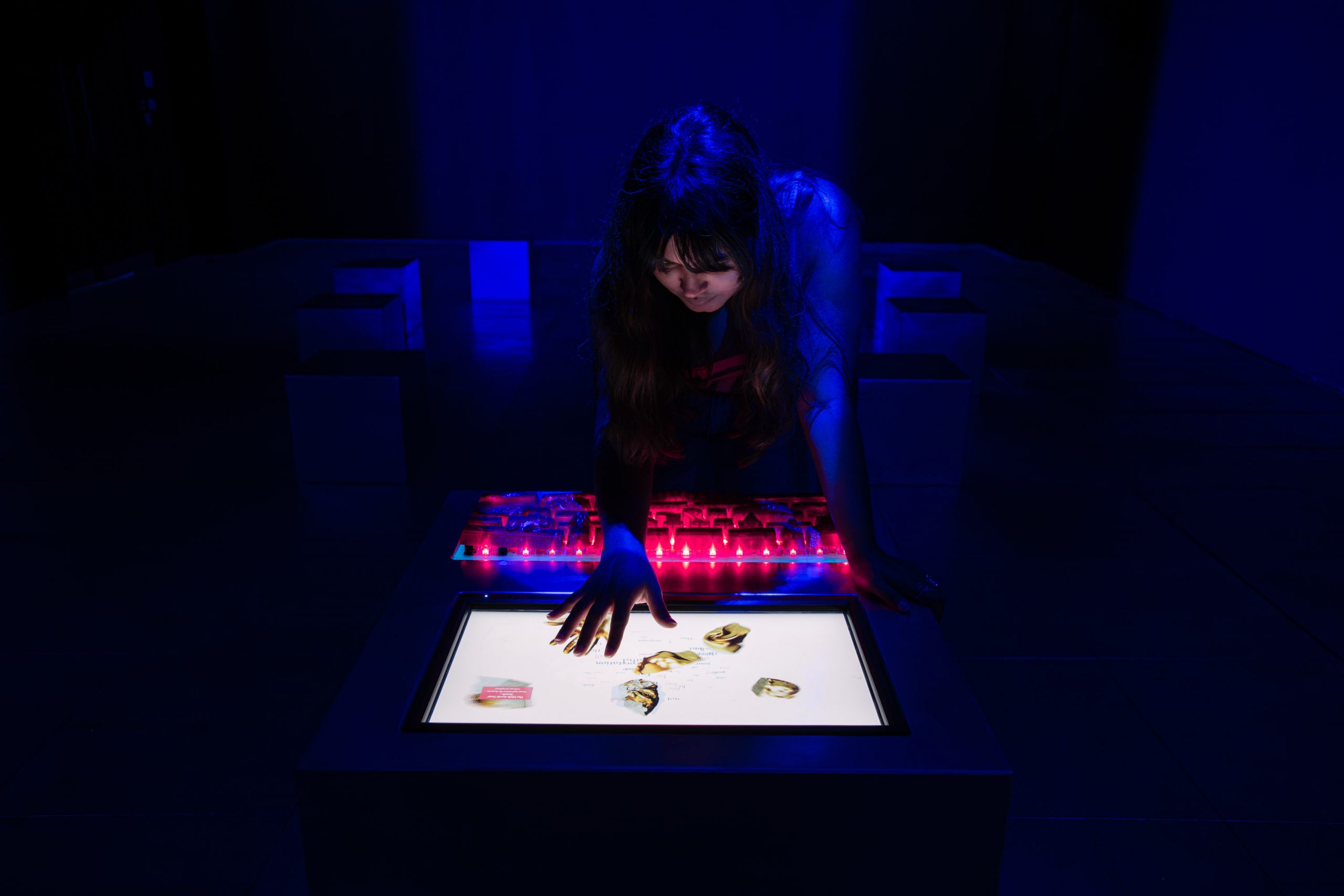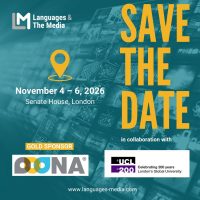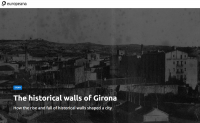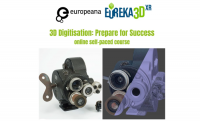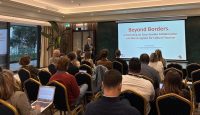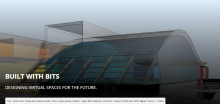Opportunities for networking and partnerships at Hola Cloud great event in Madrid
Cloud Forward 2016 conference on the future of cloud computing offered to SMEs, projects, researchers and institutions the opportunity to talk to other companies or institutions about new opportunities for collaboration and innovative R&D ideas. These meetings were be organised both as open face2face meetings and as pre-scheduled clinic sessions. The Conference took place in Madrid in October 2016.
A technology scouting report was prepared to describe the main scientific and technological trends in the areas of Software, Services and Cloud Computing together with the most active experts / projects / organisations in each of the selected areas. This helped interested participants to identify whom to meet at CF2016 accoridng to the topics they are interested in, either for bilateral collaboration or with the purpose to explore the possibility to participate in future H2020 proposals together.
The booklet is available for Download here.
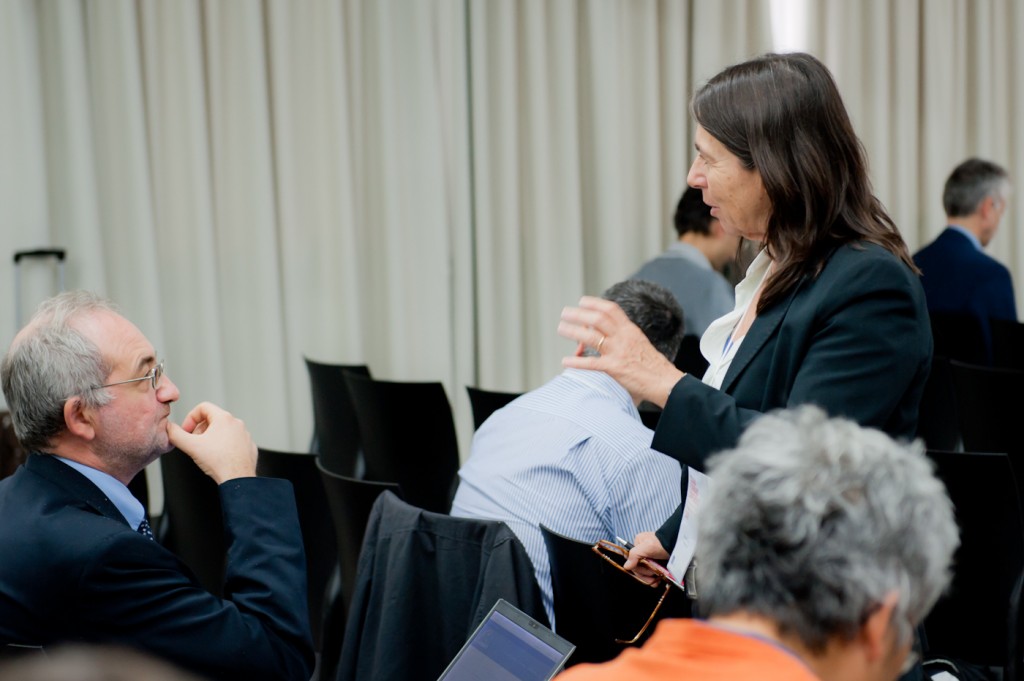
Open spaces were be available for SMEs and researchers in projects, institutions, industry to be able to meet and chat freely.
Also, few clinic sessions, pre-scheduled, were dedicated to different themes and coordinated by an expert.
Clinic 1. FitSM: Lightweight IT Service Management
Coordinated by Michel Drescher, Cloud Consult Ltd.
IT Service Management has a long and honourable history. Over the last decade, however, Cloud Computing has taken the IT landscape by storm, disrupting many business models that were thought being axiomatic beyond doubt. Awash with a deluge of new ideas and services, models of service delivery, and challenged by the “new kids on the block”, established IT Service Management is often seen as proliferated, leaving the cause choked to death through perfection. FitSM addresses this situation by pruning back IT Service Management to a concise yet complete set of procedures, roles and artefacts by creating a cohesive combination of existing ITSM best practices and standards.
Clinic 2. Customer Experience: Business sustainability with ethics
Coordinated by Michel Drescher, Cloud Consult Ltd.
Customer Experience (CX) is a relatively new movement in the private sector, originating mainly from the anglo-saxon domain. In its broadest and most neutral definition, CX covers the relationship between a provider of services or products, and any (potential) customer or client: CX is in essence a business strategy for sustainability, with customer value engineering as the underpinning implementable framework.
Clinic 3. Technology Scouting, Competitive Intelligence and Strategic Foresight
Coordinated by Manuel Noya, Linknovate
Linknovate is a network that connects you with emerging technologies and key players. It aims to bridge the gap between people searching for innovation and people who want to expose their knowledge and technologies. Based on Linknovate.com, HOLA PORTAL is the new discovery engine which provides business intelligence and collaborative research insights over the metadata extracted for >0.5M documents for the area of Cloud Computing alone.
Clinic 4. Innovation Procurement in Horizon 2020
Coordinted by Antonella Fresa, Promoter Srl
Pre-Commercial Procurement (PCP) and Public Procurement for Innovative Solutions (PPI) are two competition-like methods designed to steer the development of innovative solutions towards concrete public and private sector needs. These solutions are developed by external suppliers that are awarded a contract through a phased open procurement process. In the last years, the PCP and PPI instruments are becoming more and more popular and the European Union increased support for groups of procurers working together on joint PCPs and PPIs under Horizon 2020.
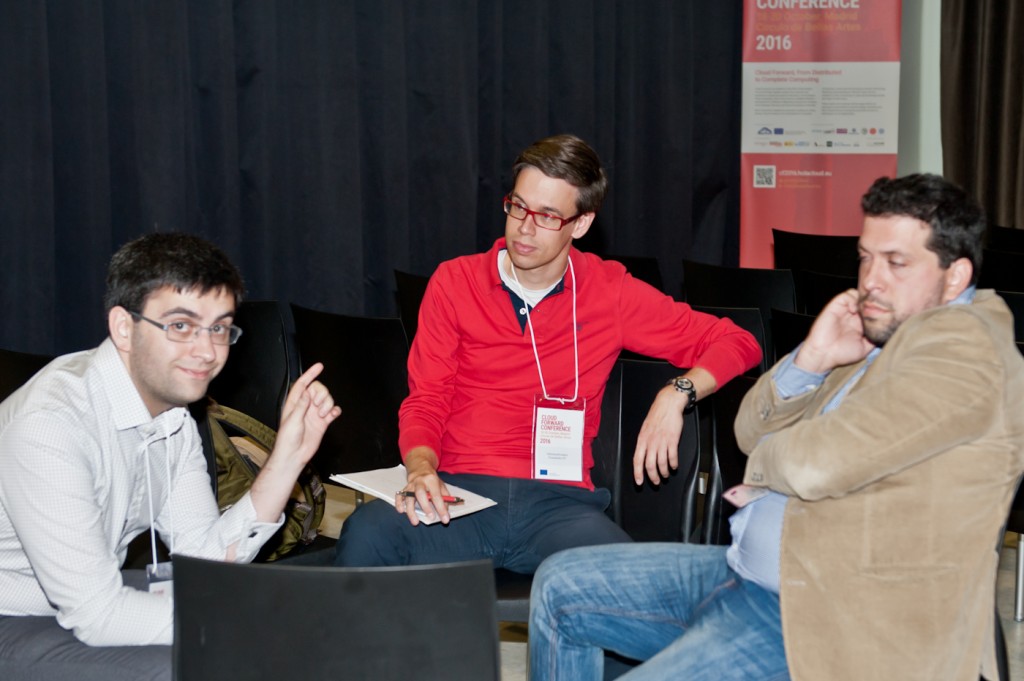




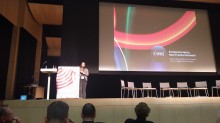





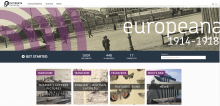
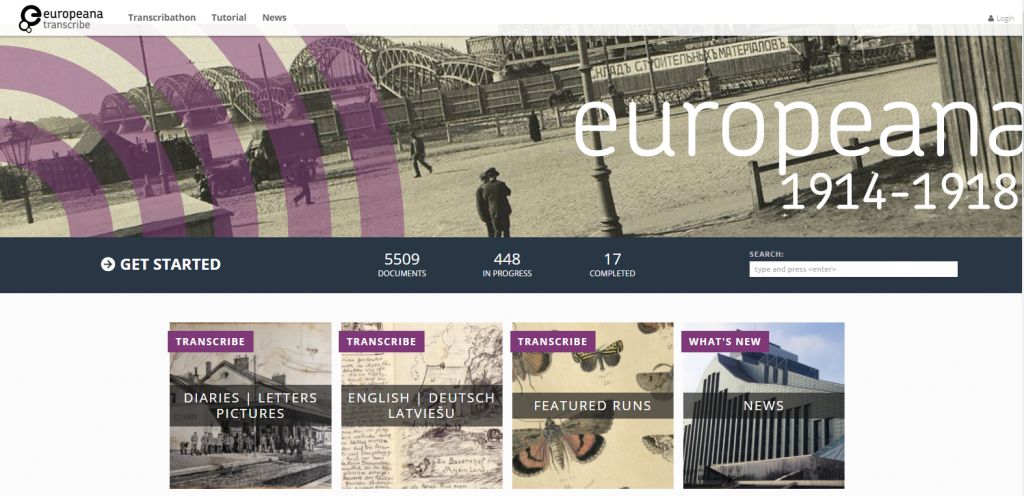
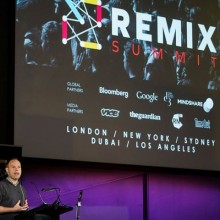

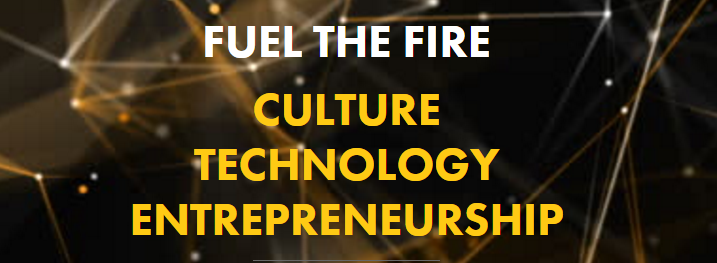
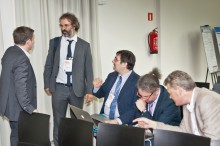


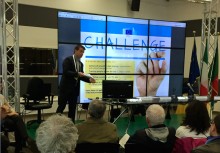
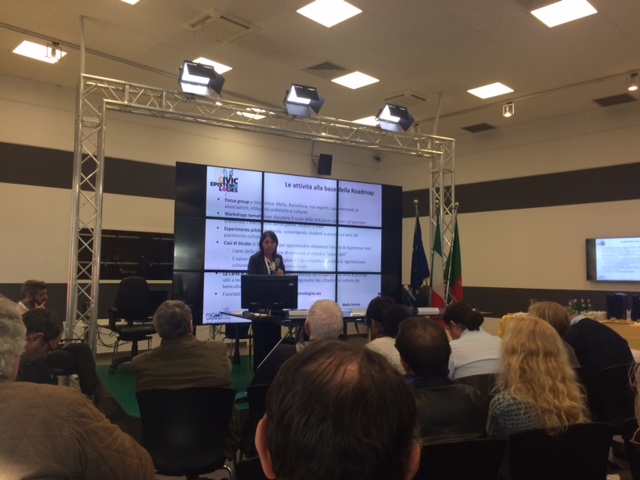
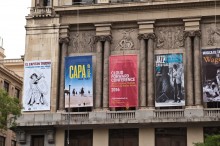
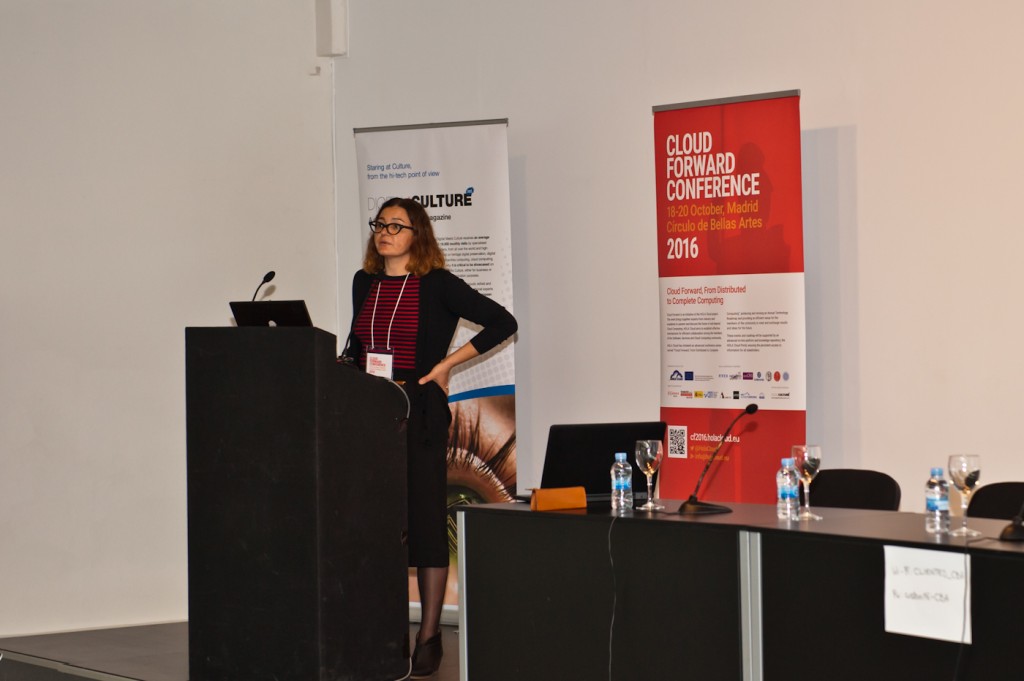
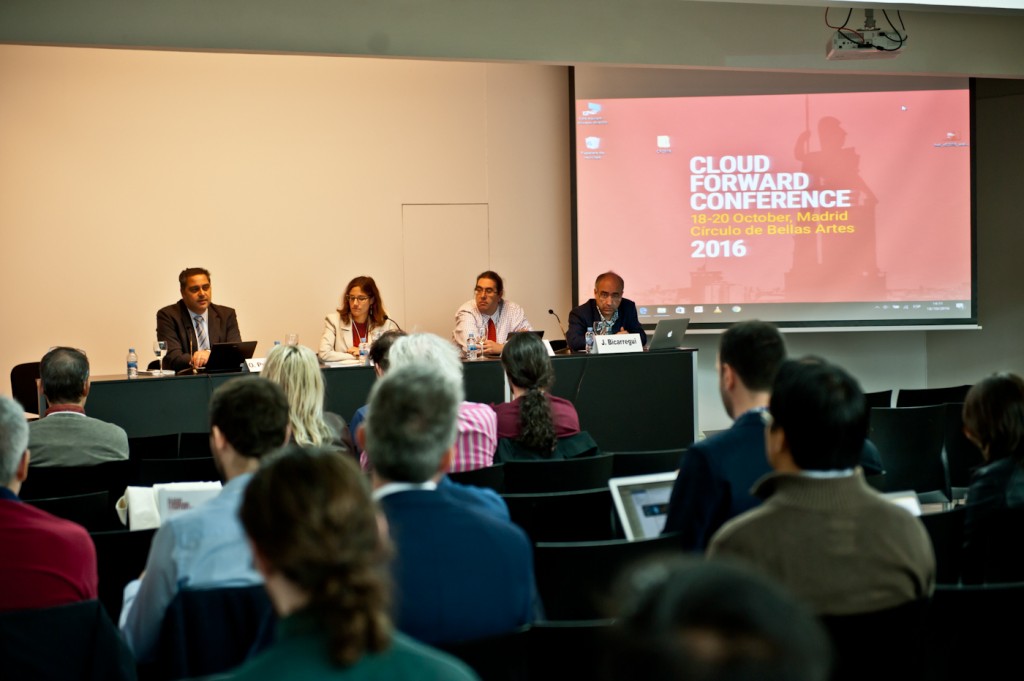
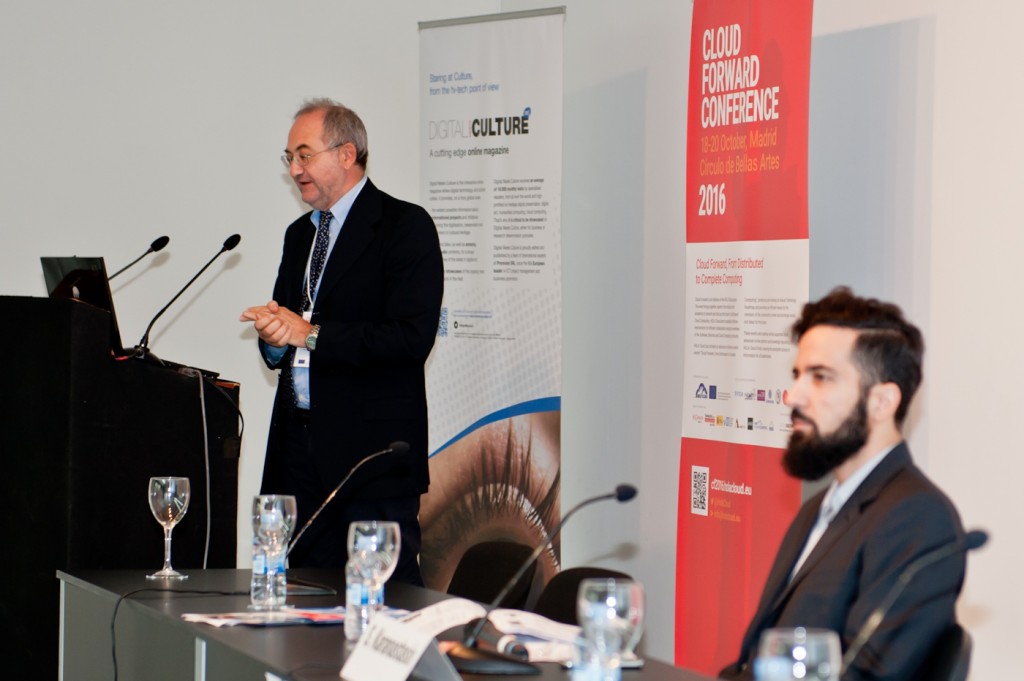
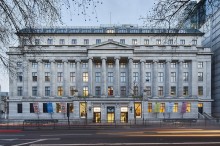
 Overall topic
Overall topic